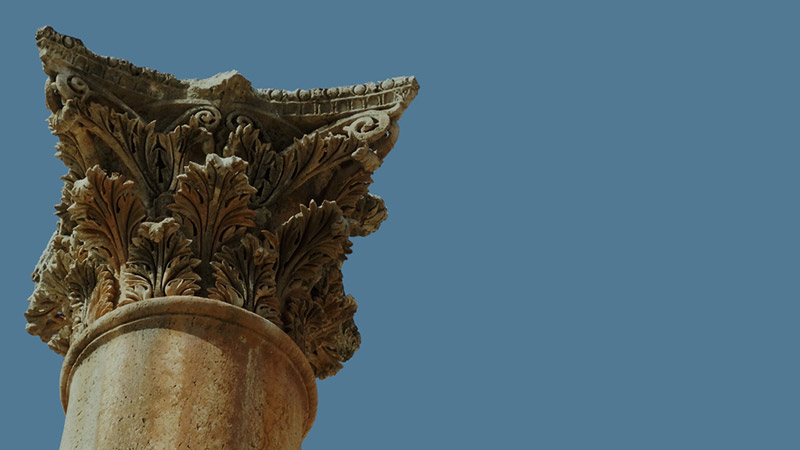Select Marker to See Location Name
You Searched "temple definition"
-
Volume 15
Volume 15 | A Clash of Kingdoms
-
Volume
15.2 | The Believers
-
Volume 14
Volume 14 | The Mission of Jesus
-
Volume 10
Lesson 10.1 | Build Me a Sanctuary
-
Devotional
A Beautiful Temple
-
Volume 6
Lesson 6.4 | Living Stones
- LOAD MORE
- SHOW ALL










































